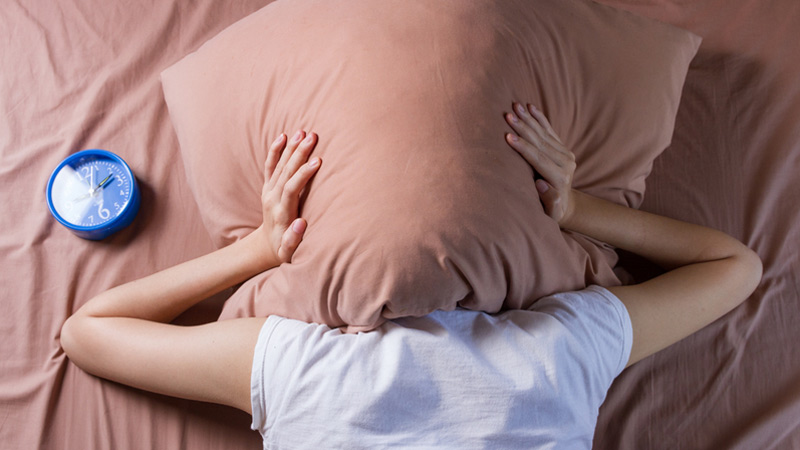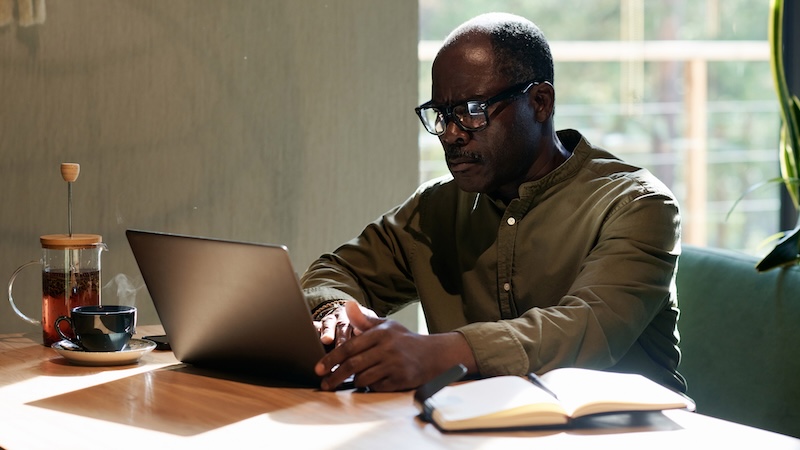The Cost of Treating Insomnia
Americans have rung up a massive sleep debt, and the bill is coming due. More than one-third of adults get less than seven hours of sleep on a regular basis, according to the Centers for Disease Control.

Americans have rung up a massive sleep debt, and the bill is coming due. More than one-third of adults get less than seven hours of sleep on a regular basis, according to the Centers for Disease Control. Lack of sleep affects job performance, relationships and the ability to perform routine tasks. Inadequate sleep has also been associated with a long list of health problems, from obesity to dementia. Driving after less than five hours of sleep is as risky as driving when you’re drunk, according to the AAA Foundation for Traffic Safety.
Where there’s a need, there’s a corps of entrepreneurs to fill it. In 2015, the global market for sleep aids, which encompasses everything from therapeutic pillows to sleeping pills, was valued at $62 billion, according to P&S Market Research. The consulting firm expects the market to grow by an average of 6.3 percent a year through 2022. That’s largely because the world’s population is aging, and older people are more susceptible to sleep disorders.
In addition to silk eye masks and mattresses that cost more than a luxury car, dozens of high-tech products are available to aid the sleepless masses. They include glasses that seek to reset your circadian rhythms by shining a green light into your eyes ($299), and a smartphone charging station shaped like a bed ($100) to encourage you to tuck in your devices when you retire for the night. SleepPhones, a headband with speakers, let you listen to music, nature sounds or a comforting podcast.)
SHUTi is an option for people who are interested in cognitive behavioral therapy for insomnia but who don’t have the time to see a trained therapist or can’t find one nearby. Users take a 40-minute online course once a week for six weeks, and they’re offered strategies and tools to practice between sessions. The cost is $135.
The Dalai Lama once said that sleep is the best meditation, but the reverse is also true: Meditation can help you sleep. Insight Timer, a free smartphone app, offers thousands of stress-reducing meditations, including some specifically designed to lull you to sleep. Another option is the “Sleep With Me” podcast, in which host and creator Drew Ackerman tells boring bedtime stories designed to make you nod off. Whether it works is debatable, but the podcast is free and there are no known side effects.
Sandra Block is senior associate editor at Kiplinger’s Personal Finance magazine. Send your questions and comments to moneypower@kiplinger.com. And for more on this and similar money topics, visit Kiplinger.com.
(c) 2017 Kiplinger’s Personal Finance; Distributed by Tribune Content Agency, LLC.


